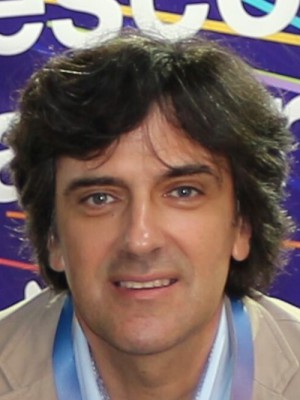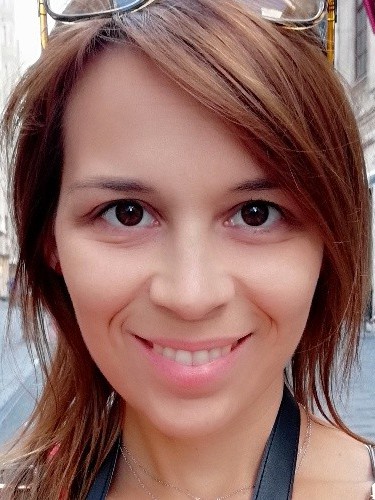resumo
Porcelain pastes (PlotPastes) were formulated to be used on an additive manufacturing (AM) process (material extrusion) process, primarily robocasting (R3D) technique. The material morphological and thermal characteristics were evaluated by scanning electron microscopy (SEM), differential thermal analysis (DTA) and thermogravimetric analysis (TGA). The rheology and the electrical potential of the ceramic particles were also studied to select and adequate the porcelain paste properties to the R3D AM technique. It was found that shifting the pH values to acidic, the surface charge of the particles changes and increases the pastes viscosity due to agglomeration effects. This behaviour was exploited to optimize the paste rheological behaviour which resulted in the optimum pH at 1.94 (PlotPaste 5). This paste was used in the study of R3D operating parameters. It was found that small variations in pressure and speed affects the dimensional accuracy of the printed models. The results showed the disruptive potential of porcelain R3D in the production of customized ceramic products.
palavras-chave
GLASS SCAFFOLDS; INK; SUSPENSIONS; PARTS; RHEOLOGY; CONSTRUCTION; PRINTABILITY; FABRICATION; CARBIDE; PH
categoria
Materials Science
autores
Pires, LSO; Luís, J; Fernandes, MHV; Oliveira, M
nossos autores
Grupos
G4 - Materiais Renováveis e Economia Circular
G5 - Materiais Biomiméticos, Biológicos e Vivos
Projectos
RoboCer3D - Fabrico rápido de produtos em porcelana por R3D (RoboCer3D)
Collaboratory for Emerging Technologies, CoLab (EMERGING TECHNOLOGIES)
CICECO - Aveiro Institute of Materials (UIDB/50011/2020)
CICECO - Aveiro Institute of Materials (UIDP/50011/2020)
Associated Laboratory CICECO-Aveiro Institute of Materials (LA/P/0006/2020)
agradecimentos
The authors are greatly acknowledging the efforts endorsed by Porcelanas Costa Verde, SA and their valuable R&D contribution in this project. This work was developed within the scope of the RoboCer3D project - project of additive rapid manufacturing through 3D printing ceramic material, POCI-01-0247-FEDER-003350, financed by Fundo Europeu de Desenvolvimento regional (FEDER), through Programa Operacional da Competitividade e Internacionalizacao (POCI - COMPETE 2020). This work was also developed within the scope of the project CICECO-Aveiro Institute of Materials, UIDB/50011/2020, UIDP/50011/2020 & LA/P/0006/2020, financed by national funds through the FCT/MCTES (PIDDAC).





